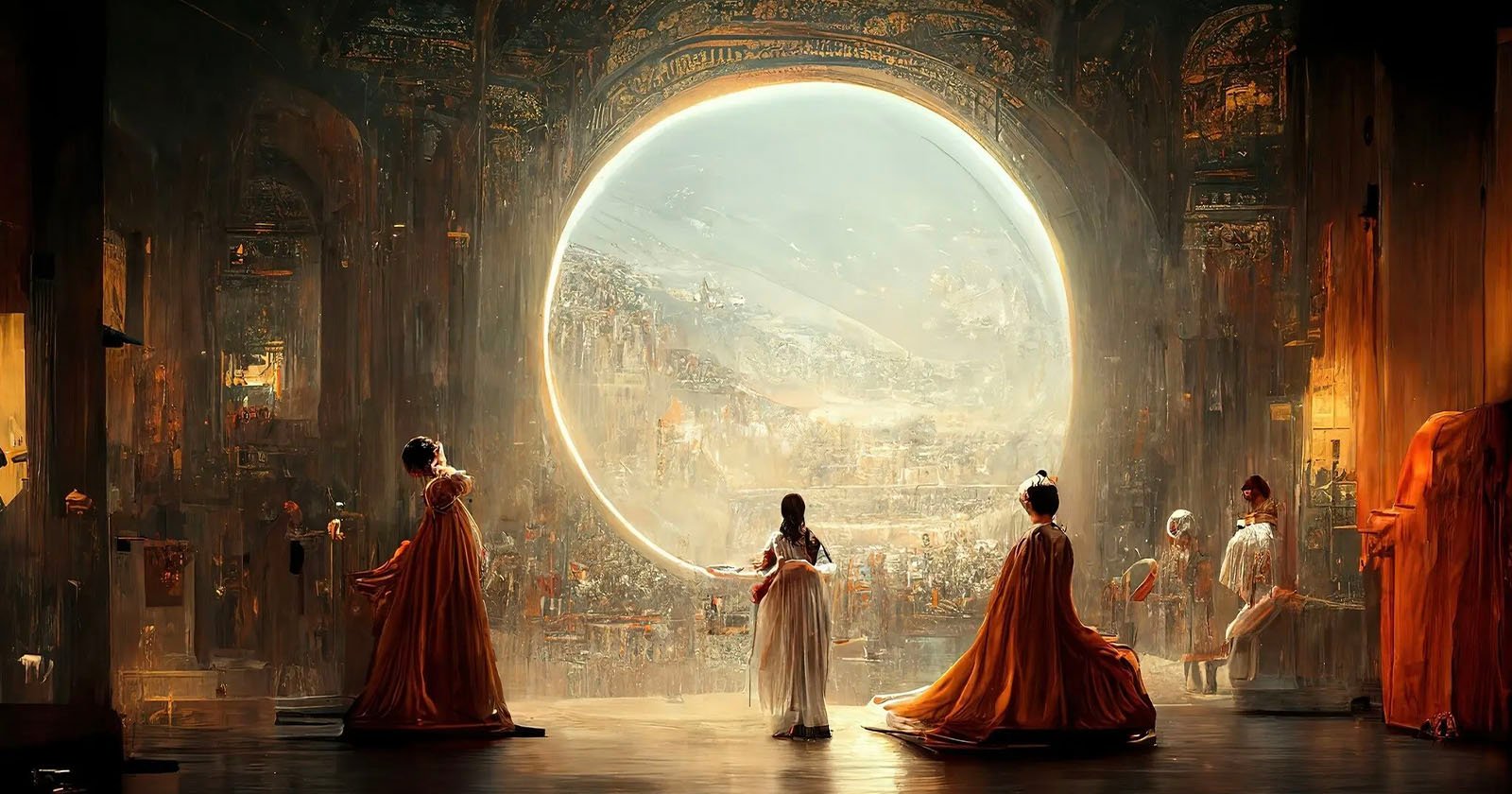An artist who infamously duped an art contest with an AI image is suing the U.S. Copyright Office over its refusal to register the image’s copyright.
In the lawsuit, Jason M. Allen asks a Colorado federal court to reverse the Copyright Office’s decision on his artwork Theatre D’opera Spatialbecause it was an expression of his creativity.
Reuters says the Copyright Office refused to comment on the case while Allen in a statement complains that the office’s decision “put me in a terrible position, with no recourse against others who are blatantly and repeatedly stealing my work.”



I never meant to imply that things, or parts of things created with an AI shouldn’t be able to be copyrighted, but as the law is now that’s how it works. Things might change in the future to more directly address this, which is what this current case is doing.
As for copyrighting the prompt that could get tricky. For example you can’t copyright a title, but you can copyright a literary work.
So if your prompts are that long you should be able to copyright the prompts as literary work, but someone who just types in “brown cat” isn’t going to be able to and shouldn’t be able to, because copyrighting the concept of a brown cat in general is silly. What about "fat, brown cat.?’ Well, someone is going to have think very hard about how long the prompts have to be before they are eligible. That’s not even considering the prompt part, just the right to your written concept before it becomes a prompt.
I’m hoping it’ll work out fairly eventually. I work in professionally in traditional media so it’s not something that effects me, but I do have a basic understanding of copyright laws(as they are) to share.
But I do see your point about it being a tool. Like if my paint brand tried to say I don’t have a right to the work I created with their paint I’d be pissed, but that’s a lot less complicated(legally speaking) to parse out than AI generated stuff because we don’t yet have precedents for that.
Plus all the unethical and exploitive AI scraping that’s been going on that no one agreed to has left a lot of artists kinda bitter towards AI… so there’s not a lot of sympathy in creative communities towards it’s use right now. If they could use it more ethically I think you’d see a shift in attitudes fairly quickly.
I think the logical conclusion of copyrighted prompts would include not just the input prompt but the version number of the program, any settings, the seed, etc. Basically everything you would need to copy that exact image, because all of that together would produce an exact copy.